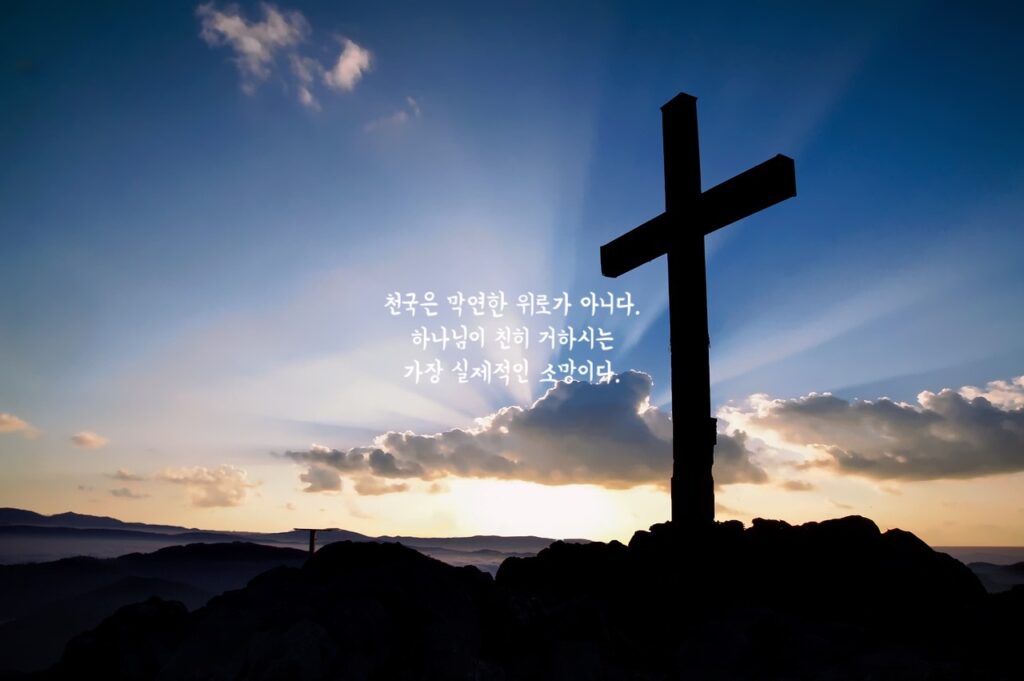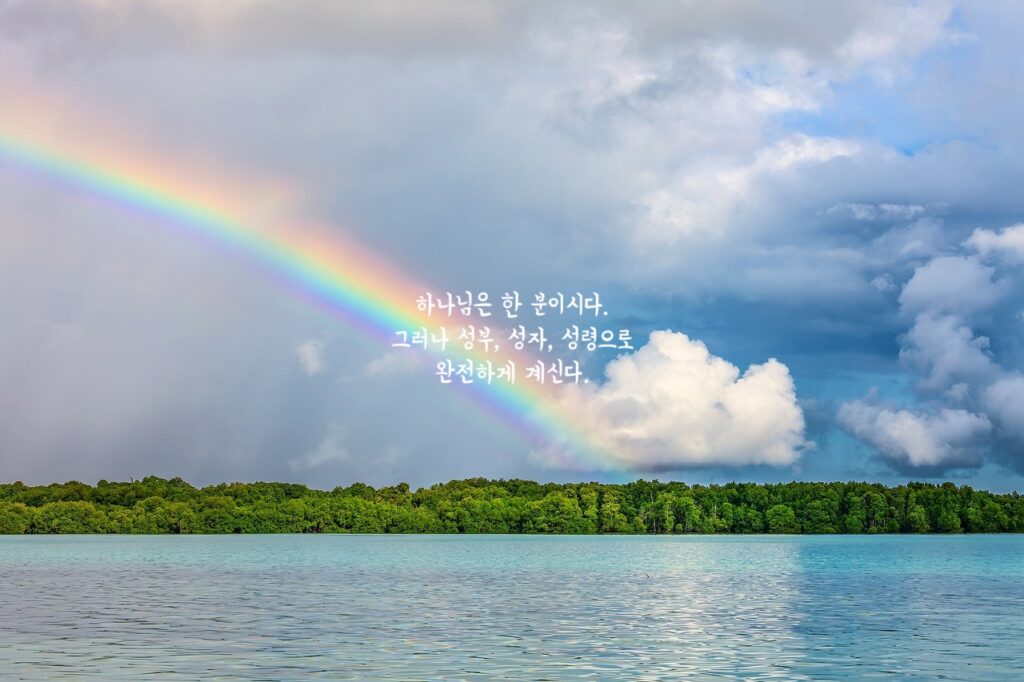What awaits at the end of the world?
While countless philosophies and religions speak of life after death, the Bible speaks with clarity and finality: all humanity—whether living or dead—will one day stand before God’s judgment seat. This is not a symbol or allegory, but the actual, definitive judgment of God at the end of history.
This moment is known in Scripture as the Great White Throne Judgment, described in Revelation 20. It is the final trial of all mankind, the moment where eternal life and eternal destruction are decided. This article explores the meaning, timing, scope, and spiritual significance of this judgment through a biblical lens.
Where Is the Great White Throne Judgment Found in the Bible?
The Great White Throne Judgment appears in Revelation 20:11–15, the final book of the New Testament. In a vision given to the apostle John, this scene marks the climax of the end times—when all humanity stands before God for judgment.
“Then I saw a great white throne and Him who was seated on it… and the dead were judged according to what they had done as recorded in the books.” (Revelation 20:11–12)
The “great” throne speaks of God’s absolute authority. Its “white” color symbolizes His perfect holiness and justice. This throne is not simply a seat—it is the symbol of God’s ultimate court, a place from which no one can hide or escape.
This judgment is not a call of mercy, but a righteous sentence based on one’s deeds.
Who Will Be Judged—Are Believers Included?
One of the most essential questions concerns who will stand before this throne. Revelation 20 says, “The dead stood before the throne.” This includes all people from every era and nation, regardless of rank or background. Even the sea, death, and Hades give up their dead (Rev. 20:13), signaling the universal scope of this judgment.
But does this include Christians?
According to the broader witness of Scripture, those who believe in Jesus Christ are not condemned (Romans 8:1). The Great White Throne Judgment is understood primarily as the final sentencing of the unbelieving. However, believers will also stand before Christ’s judgment seat—not for condemnation, but to receive their reward based on how they lived (2 Corinthians 5:10).
In contrast, for those who rejected the gospel, this judgment leads to eternal punishment.
What Is the Standard of Judgment? The Books and the Book of Life
Revelation 20 mentions two sets of records: “books” and “the Book of Life.”
The “books” contain the records of people’s deeds—every word, action, thought, and decision. These are not just moral lists, but the evidence upon which God’s justice is exercised. Every life is laid bare.
Then there is the Book of Life. Anyone whose name is not found written in this book is thrown into the lake of fire (Rev. 20:15). This book holds the names of those who are saved—those who believe in Jesus Christ.
This distinction reveals the heart of the Christian gospel: salvation is not earned by works, but granted by grace. Yet judgment reveals the reality of each life. Grace saves, but justice confirms.
When Does the Great White Throne Judgment Take Place?
Theologically, this judgment occurs after the millennial kingdom—after the second coming of Christ and the final defeat of Satan (Revelation 20:7–10). It marks the end of history as we know it. After this judgment, there are no more chances for salvation. Only two destinations remain: eternal life or eternal death.
Following this judgment comes the new heaven and new earth (Revelation 21), God’s eternal kingdom. Thus, the Great White Throne Judgment is God’s final declaration over all of human history—a just and unshakable conclusion.
The Purpose of Judgment—The Fulfillment of Justice and Confirmation of Grace
Many view divine judgment as fearful or harsh. But in Scripture, God’s judgment is not primarily destruction—it is the fulfillment of justice. The Great White Throne Judgment exposes all hidden evil, forgotten injustices, and unpunished wrongs.
This is where the cries of the oppressed are heard, and the arrogance of evil is brought low. No corruption escapes, no evil is overlooked. For God’s people, this is a moment of comfort—proof that God has never been silent. He will set all things right.
At the same time, this judgment confirms the wonder of grace. When all deeds are revealed and every life is weighed, it becomes clear that no one can be saved by merit. Only the blood of Christ can secure entrance into life. The cross is not one path—it is the only path.
What Does This Mean for Us Now?
Every person will stand before God one day. For the believer, it will be a moment of reward. For the unbeliever, a moment of condemnation. But this future reality is not merely a fearful warning—it is a present call to live with purpose.
Paul writes in 2 Corinthians 5:10:
“For we must all appear before the judgment seat of Christ, so that each of us may receive what is due… for the things done while in the body, whether good or bad.”
This means that every choice, every act of love, every faithful prayer is remembered. The Great White Throne is not only about dread—it marks the beginning of eternal reward for those in Christ.
Why We Must Live Awake Before the Day of Truth
The Great White Throne Judgment is not a metaphor—it is a coming reality. It is God’s final word to the world. That judgment will be based solely on His Word, executed in complete holiness, and carried out without error.
We must live today in light of that day.
We must remain alert to His Word, proclaim the gospel, repent of sin, and guard our faith.
How we live today echoes into eternity.
“Behold, I am coming soon! My reward is with me, and I will give to each person according to what they have done.”(Revelation 22:12)
By Lee Sion | Maeil Scripture Journal




